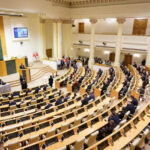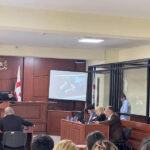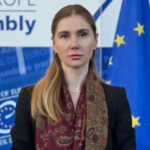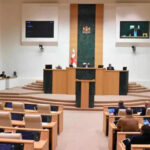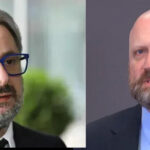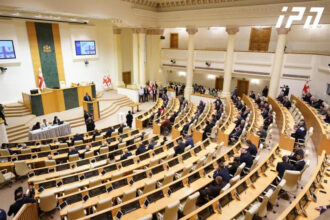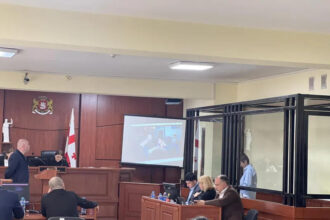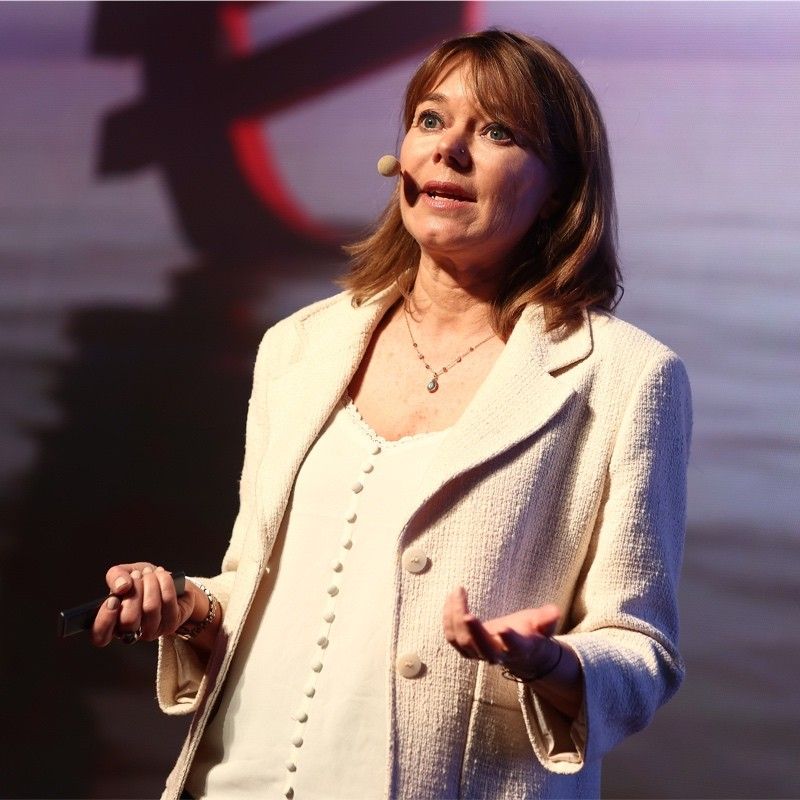**France and Poland Agree to Support Ukraine in the Event of Ceasefire**
French President Emmanuel Macron and Polish Prime Minister Donald Tusk met on December 12th in Warsaw. They discussed how to support Ukraine in a post-conflict scenario. The Élysée Palace emphasized that France will continue to back Ukraine until it can negotiate from a position of strength.
Macron and Tusk also talked about the possibility of a European peacekeeping force in Ukraine, but no such action is planned at this time.
**Rising Concerns About Russia’s Threat**
NATO Secretary General Mark Rutte recently gave a speech where he warned that danger is moving towards Europe quickly. He pointed out that only 23 out of 32 NATO allies met the agreed-upon defense spending target in 2023. This is not enough to ensure the Transatlantic space is safe.
**Uncertainty for Ukraine**
The current European resolve could be good news for Ukraine, but there are significant risks involved. Ukrainian President Volodymyr Zelensky has acknowledged that temporary territorial concessions may be necessary in exchange for ironclad security guarantees.
**New Rhetoric and Old Fears**
The phrase “as long as it takes” now implies negotiating from a position of strength. This reflects the growing concern that under a future Trump administration, the U.S. might withdraw military aid unless Ukraine agrees to negotiate with Russia.
The European Union cannot replace U.S. military aid without doubling its current support for Ukraine. However, the EU lacks the capacity to do so and will need massive increases in defense spending and production to meet Europe’s needs.
**Ukraine’s Security Dilemma**
Rutte emphasized that increased European defense spending and domestic production are essential. This includes prioritizing homegrown solutions rather than relying on non-European technology.
Former Ukrainian Chief of Staff Valerii Zaluzhnyi proposed a win-win solution where European companies invest in Ukraine’s growing defense industry. However, this will require government-backed or private insurance and robust security guarantees for Ukraine.
**The Thorniest Question**
Zelensky insists that nothing less than NATO membership will suffice for Ukraine. He is correct, as the Budapest Memorandum demonstrated that bilateral or multilateral security guarantees without a nuclear umbrella are meaningless when facing a nuclear-armed adversary.
Russian President Vladimir Putin’s nuclear blackmail has shown that nuclear deterrence works. While it hasn’t deterred Ukraine from striking inside Russian territory, it has kept its allies from providing sufficient support to expel Russian forces.
**Conclusion**
The strategic defeat and deterrence of Russia is the only way to secure Ukraine. Any deal that fails to do so will collapse, as previous agreements with Russia have always done.
Let’s hope those entering negotiations with Russia keep Albert Einstein’s words in mind: “The definition of insanity is doing the same thing over and over again and expecting different results.”
Read More @ kyivindependent.com
